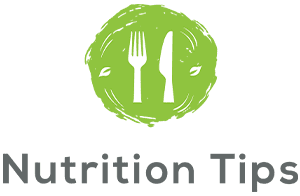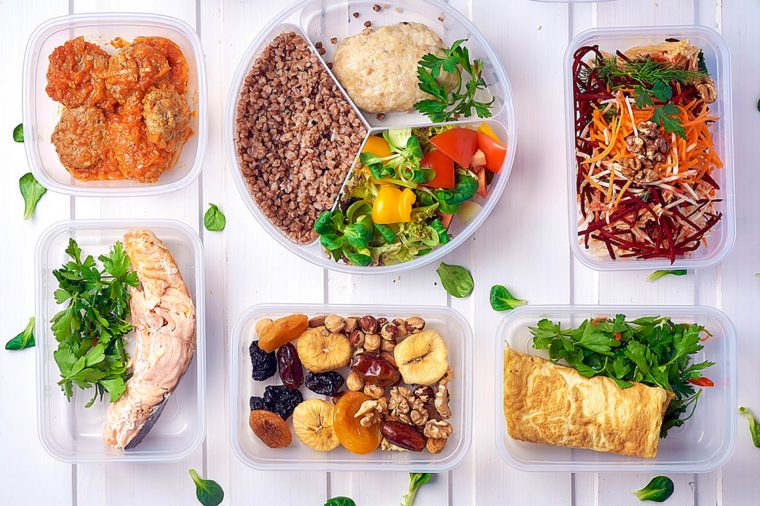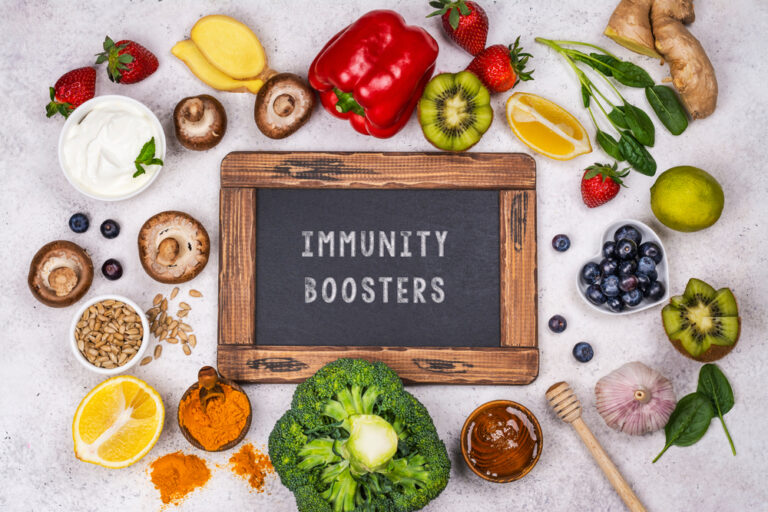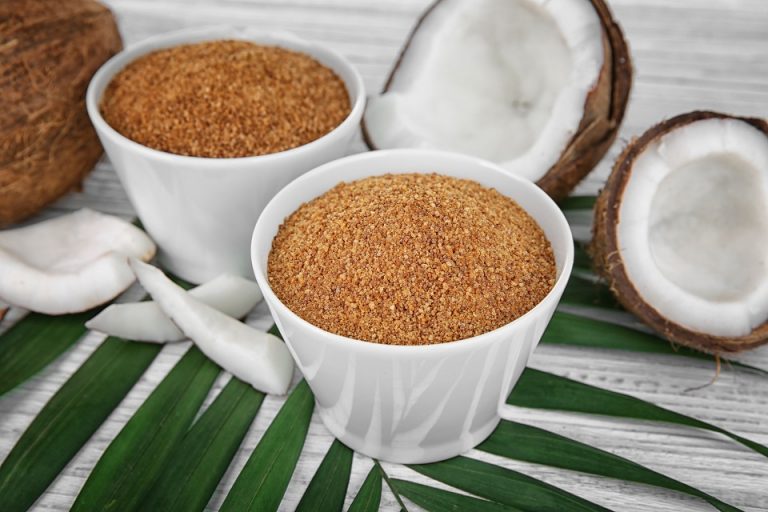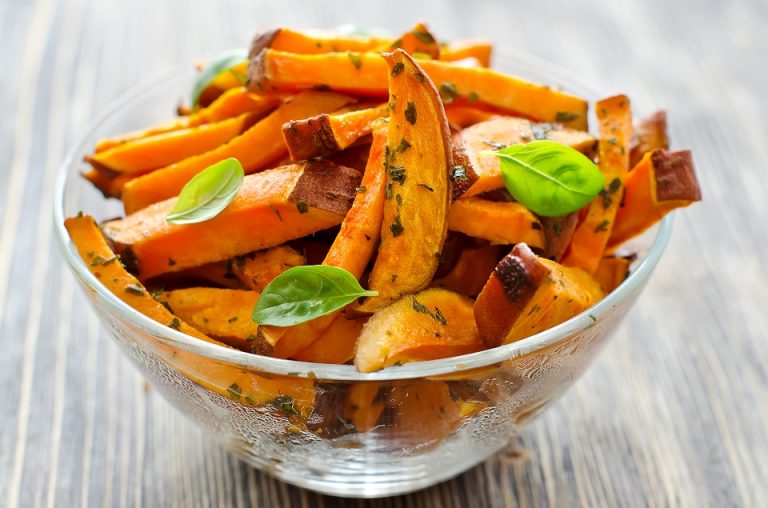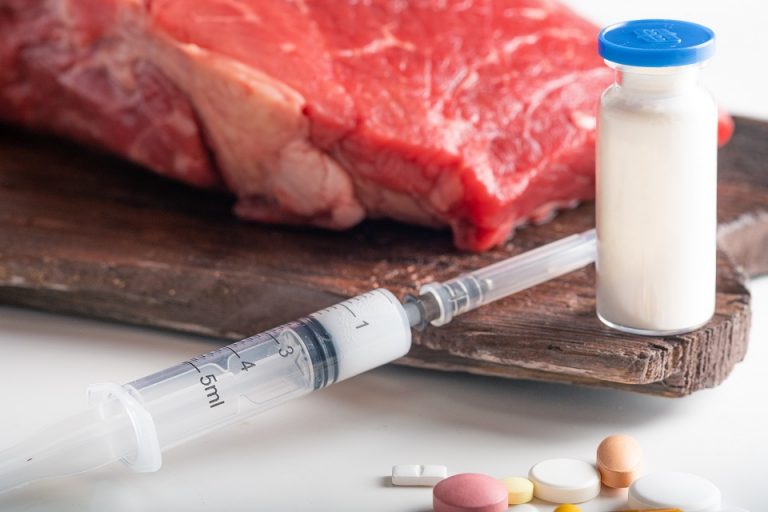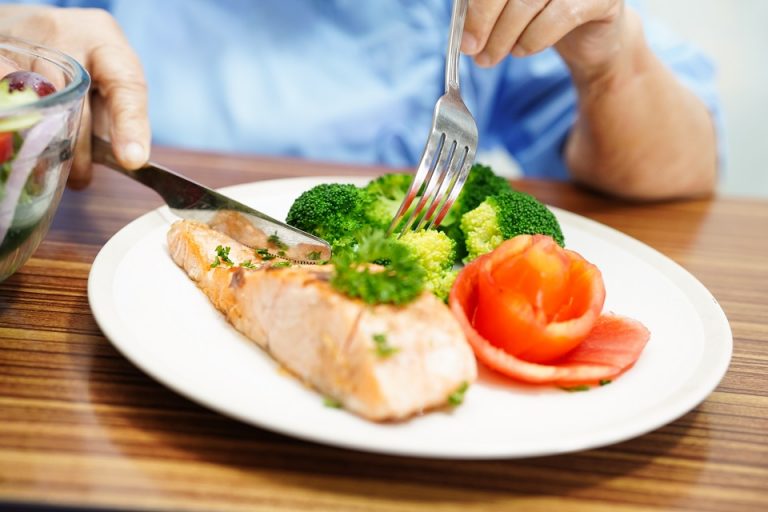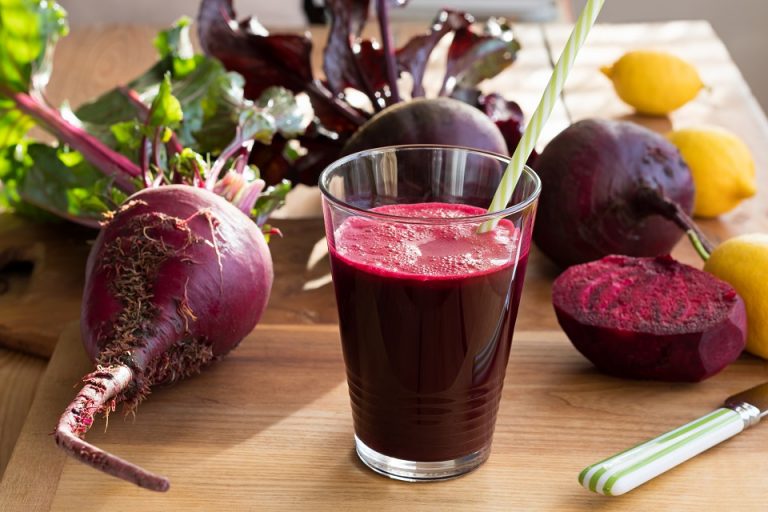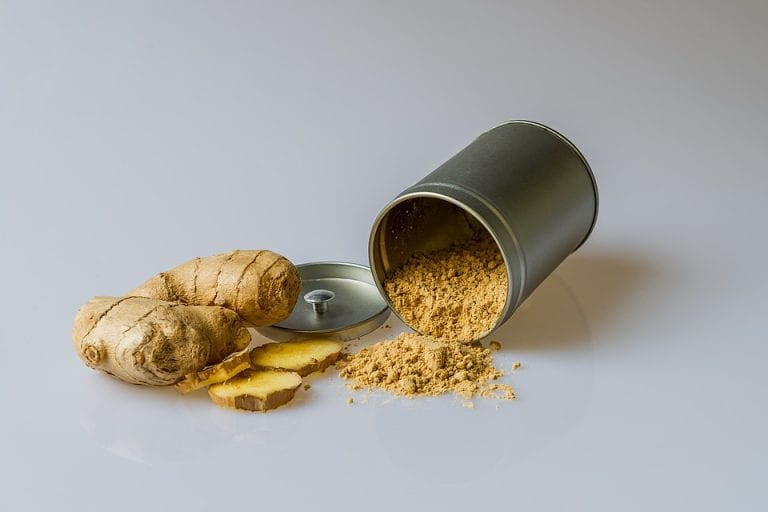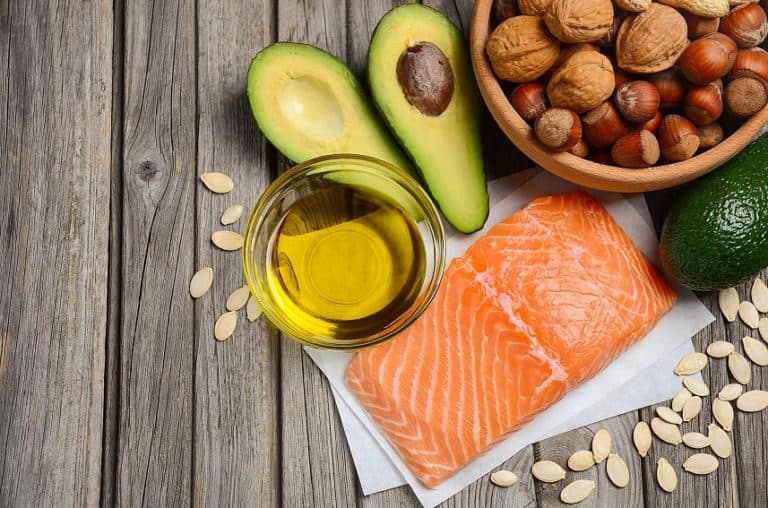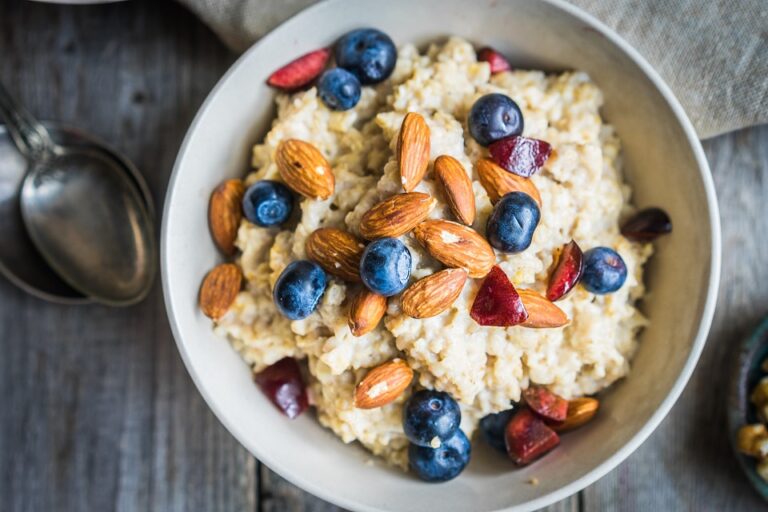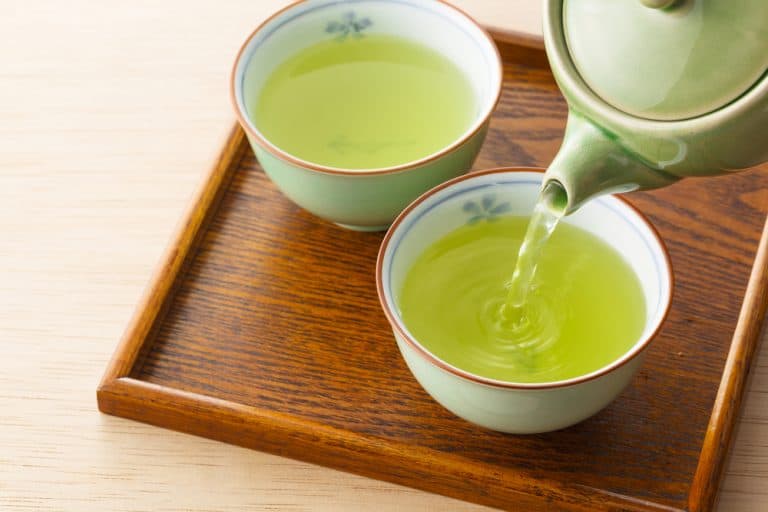
When some unhealthy foods taste incredibly good, it’s really hard to avoid them. However, you should try to steer clear of the foods we mentioned below because they don’t offer much nutritional value for your body, or, in some of the worst cases, actually pose a health risk to you.
1. Fruit canned in syrup
“When a fruit is canned in ‘light syrup’ or ‘heavy syrup,’ that means that sugar has been added to the fruit,” says Amy Gorin, M.S., R.D.N., owner of Amy Gorin Nutrition in the New York City area. “Fruit is plenty sweet on its own, so you don’t need any added sugar with it.”
However, if you read the labels carefully, you can take advantage of some benefits because there are canned fruits out there that aren’t housed in that syrupy mixture. “Just make sure to read the ingredient label to make sure a product is canned either in 100% juice or water,” says Gorin. “Neither of these contain added sugars.”
2. Diet sodas
They are packed with artificial sweeteners, which are the main culprit behind why you should steer clear of diet soda drinks as often as possible. “Those can be even worse than actual sugar,” says Shonali Soans, M.S., R.D., C.D.N., a registered dietitian at New York City Nutrition.
Artificial sweeteners have been linked to both cancer (although larger studies are needed to determine the risk) and gastrointestinal problems, and aspartame—a key ingredient in diet drinks specifically—has also been linked to the development of diabetes, says Soans.
3. Low-fat peanut butter
The vast majority of nut butters are actually good for you, because they contain beneficial unsaturated fats. “But when you start to take out the fat in peanut butter, you not only lower the amount of heart-healthy fats that you’re getting but may also end up getting a product with extra sugar and filler ingredients,” says Gorin. “These ingredients are added to compensate for the fat is removed.”
Pro tip: When buying peanut butter, it should be natural, and it should only have three ingredients on its label: peanuts, oil, and maybe a little bit of salt, says Gorin.
4. Packaged butter-flavored popcorn
Butter-flavored popcorn is made using artificial butter flavoring, which can cause inflammation in the body, says Lorraine Kearney, N.D.T.R., C.D.N., dietitian and founder of New York City Nutrition.
Also, if you’re making it at home in a microwaveable bag, those bags are packed with chemicals. You should really try popping popcorn at home in a pot on the stovetop rather than using a mass-produced bag. “When we make popcorn at home, we have control over the ingredients,” says Kearney.
5. Instant noodles
“Whenever I see the word ‘instant,’ they’re doing something to the food to make it instant,” says Soans. “They’ve probably stripped it down and taken away a bit of the fiber and the stuff that we actually want.”
Plus, the amount of sodium in instant noodles is extremely high, and they are also packed with what’s called monosodium glutamate (MSG), which has its own set of issues. “It is a flavor enhancer that is used in a lot of cooking, or a lot of restaurants will use it,” says Kearney. “And it is an addictive substance, so we keep going back as a repeat customer. But with it, it can increase hunger, and that causes us to eat more.”
6. Artificial sweeteners
You definitely want to try to avoid artificial sweeteners. “Usually people, in the past, have said instead of eating refined sugar, let’s try diet soda and artificial sweeteners and all that stuff,” says Soans.
Artificial sweeteners can actually be worse for you than your typical refined sugar because of its potential health impact and unknown risks. It’s better, instead, to try to eat regular sugar in moderation.
7. Microwaveable rice
It’s easier to prep your rice this way, but microwaveable rice is often teeming with sodium. “Some of those products can have 800 to 900 mg of sodium in one serving,” says Kearney. And because most bags of microwaveable rice contain 2 ½ servings—and because most of us will definitely eat the whole bag—that quickly adds up to being over 2,000 mg of sodium in just one sitting.
What’s the issue with that? The American Heart Association recommends consuming no more than 2,300 of sodium per day, which is about a teaspoon of salt per day, says Kearney. So with just one sitting, we’ve nearly reached a day’s worth of sodium, which can make us feel bloated, weighed down, and lethargic, says Kearney.
8. Energy drinks
Energy drinks are loaded with artificial flavorings and sugar. “With a lot of the energy drinks, they can have higher amounts of sugar in it, or they’ll use artificial flavors which can cause a lot of inflammation of the body,” says Kearney.
And when it comes to these beverages, most companies won’t disclose what those artificial flavorings actually are. “So we could have a blueberry flavored drink, but we don’t know what chemicals have been used to recreate that blueberry flavor,” says Kearney.

